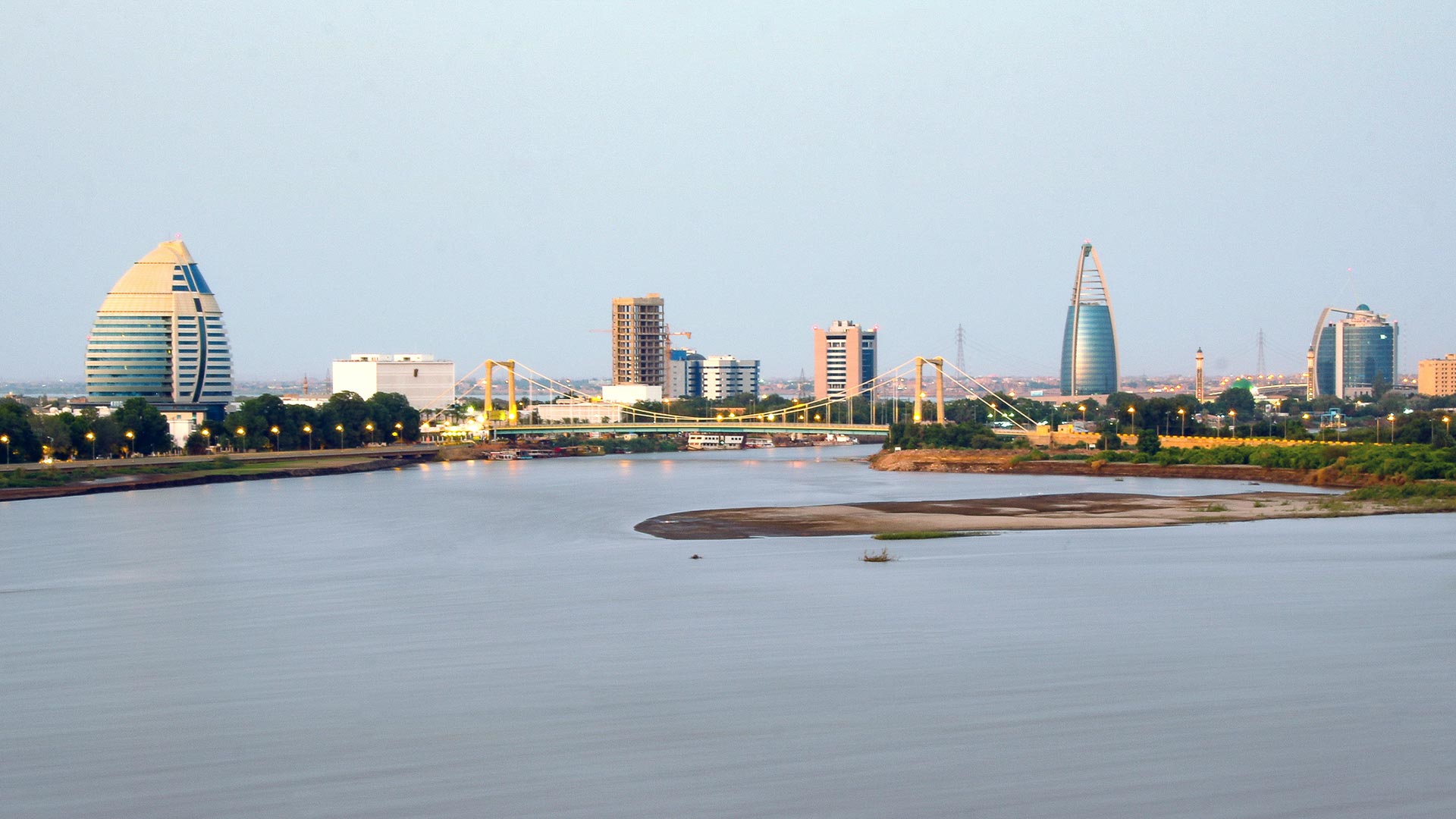- Future Students
- How to Apply
- Visit UHCL
- Admitted Students
- Tuition, Costs and Aid
- Degrees and Programs
- Contact Admissions
- Current Students
- Class Schedule
- Academic Calendar
- Advising
- Events
- Library
- Academic Resources and Support
- Student Services and Resources
- Alumni
- Lifetime Membership
- Alumni Events
- Update Your information
- Awards and Recognitions
- Give to UHCL
UHCL Model Arab League team nets prestigious awards
April 28, 2021 | UHCL Staff

Every year since 2008, University of Houston-Clear Lake takes part in the Model Arab League at the regional level in Houston. This year they participated in both the regional competition, representing Lebanon, and the national competition, representing Sudan.
The national university Model Arab League conference, organized virtually by the National Council on U.S.-Arab Relations in Washington D.C., took place March 26-28. Despite the difficulties of the virtual platform, UH-Clear Lake's team of five competed with universities across the country and won awards in two categories: Distinguished Delegation and Outstanding Delegation in both the Environmental and Joint Defense Councils.
Associate Professor of Anthropology and Cross-Cultural Studies Maria Curtis, who is also the adviser of the Model Arab League student organization, worked with the students over Zoom weekly during the pandemic. The team is always a tightly knit group, but this year the pandemic brought them even closer together. They prepared for two countries, Lebanon and Sudan. Each country experienced its own specific challenges this year.
"Lebanon is still grappling with the aftereffects of the industrial explosions in its port, and what we learned for regionals about ports and infrastructure was very helpful as we shifted to Sudan. Sudan has a lot of problems, but so does every other country due to COVID-19," Curtis said. "Sudan was an interesting country to represent due to its location. The geopolitics of the Nile River, which flows north instead of south, through Ethiopia and Sudan to Egypt, is central to all regional discussions."
Curtis said the five students represented three councils and worked hard to learn everything they could about Sudan via YouTube videos, Al-Jazeera reports, and studying Twitter feeds as Sudan is not regularly featured in the American mainstream media.
Although they were never able to study together face-to-face, the students met twice a week together as a group over Zoom. "Our students really struggled through the February freeze," she said. "They lost water, electricity and Wi-Fi, but they found ways to stay connected to Model Arab League prep sessions."
Jasmine Westmoreland, who will complete her Master of Arts in Cross-Cultural and Global Studies this fall, participated on the Social Affairs Council because it focused on the most pressing social issues of the year — epidemic resilience, creating programs to help people access vaccines, and better healthcare.
"I chose to be part of Model Arab League because I like studying international affairs and this has definitely made me more attentive to other cultures and become more engaged with community and local issues," she said.
Westmoreland said she'd been part of Model United Nations as an undergraduate, and that her experience working on Model Arab League had increased her self-confidence across the board. "It was hard to know sometimes if I was researching the right thing, but now I have more faith in myself and I know I don't have to second-guess myself," she said.
She said after she graduates, she is considering law school or a doctoral program. "This experience has helped me realize I have a say in the world and I can contribute," she said.
For more information about UHCL's Cross-Cultural and Global Studies program, go online.






